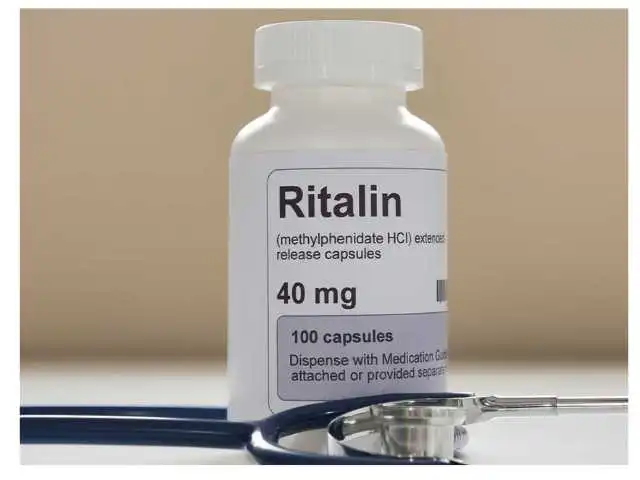Ritalin is a brand name for the medication methylphenidate, which belongs to the class of central nervous system stimulants. It’s primarily prescribed for the treatment of attention-deficit/hyperactivity disorder (ADHD) and narcolepsy.
Key Points about Ritalin (Methylphenidate):
- Medical Uses: Ritalin is commonly used to manage the symptoms of ADHD, such as inattention, hyperactivity, and impulsivity. It helps individuals with ADHD to improve focus, concentration, and control over their behavior.
- Formulations: It is available in various formulations, including immediate-release tablets, extended-release tablets, and long-acting capsules. Each formulation has different durations of action, allowing for once-daily dosing in some cases.
- Mechanism of Action: Like other medications in its class, Ritalin works by increasing the levels of dopamine and norepinephrine in the brain. These neurotransmitters play a crucial role in regulating attention, focus, and impulse control.
- Dosage and Administration: The dosage of Ritalin varies depending on factors such as age, severity of symptoms, and individual response to the medication. It’s important to follow the prescribed dosage and administration instructions provided by a healthcare professional.
- Side Effects: Common side effects of Ritalin are similar to those of methylphenidate and can include insomnia, decreased appetite, increased heart rate, and potential mood changes. These side effects should be monitored, and any concerns should be discussed with a healthcare provider.
- Precautions and Warnings: It has the potential for abuse and dependency, especially when used improperly or in higher doses than prescribed. Individuals with a history of substance abuse or certain medical conditions should use Ritalin cautiously and under close medical supervision.
- Effectiveness: For many individuals with ADHD, Ritalin can be effective in managing symptoms and improving daily functioning. However, its efficacy can vary from person to person.
- Consultation and Monitoring: Regular consultations with healthcare providers are essential while taking Ritalin. They can monitor its effectiveness, adjust dosages if needed, and address any concerns or side effects that may arise during the course of treatment.
like other medications, it should be used as prescribed and under the guidance of a healthcare professional. It’s important to have open communication with the prescribing doctor to ensure the safe and effective use of the medication.





Reviews
There are no reviews yet.